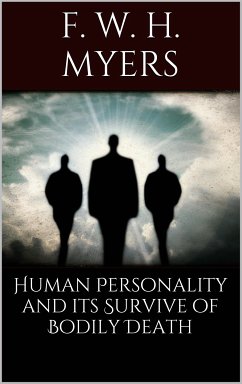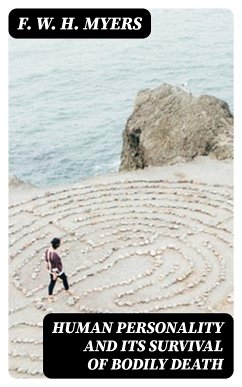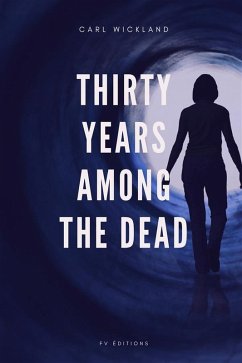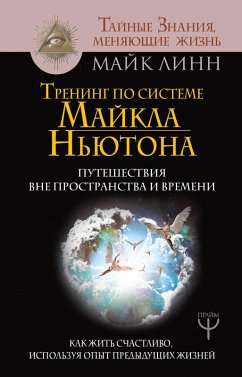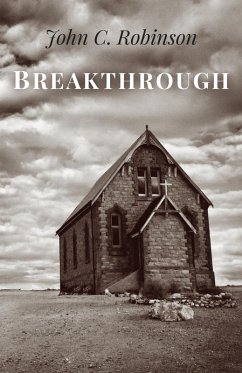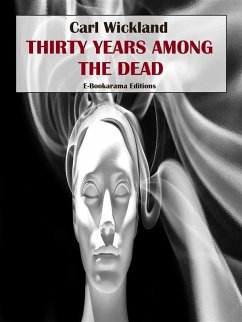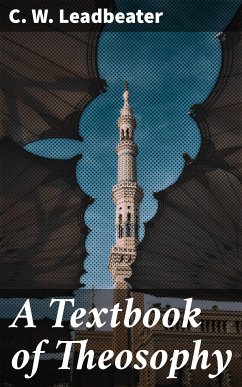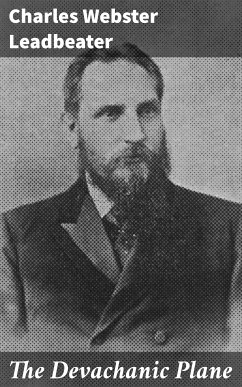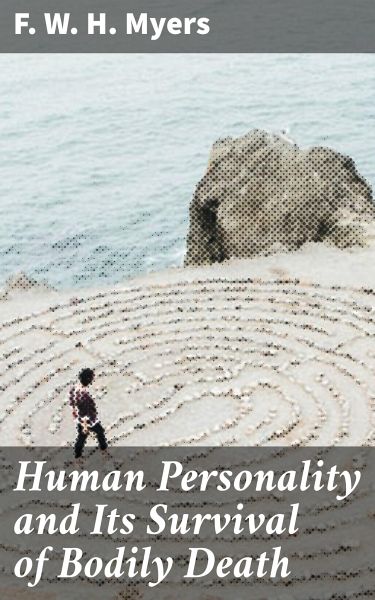
Human Personality and Its Survival of Bodily Death (eBook, ePUB)
Enriched edition. Exploring the Afterlife: A Victorian Study of Consciousness and Spiritualism
Kommentar: Langley, Meredith / Redaktion: Good Press; Myers, L. H.
Versandkostenfrei!
Sofort per Download lieferbar
3,49 €
inkl. MwSt.
Weitere Ausgaben:

PAYBACK Punkte
0 °P sammeln!
In "Human Personality and Its Survival of Bodily Death," F. W. H. Myers embarks on a profound exploration of the intersection between psychology, spirituality, and the concept of the afterlife. Through a meticulous examination of case studies and psychical research, Myers employs an analytical yet accessible literary style that reflects the Victorian era's burgeoning interest in metaphysical inquiries. This seminal work critiques materialist paradigms and posits provocative theories regarding the persistence of human personality beyond physical demise, challenging readers to contemplate the na...
In "Human Personality and Its Survival of Bodily Death," F. W. H. Myers embarks on a profound exploration of the intersection between psychology, spirituality, and the concept of the afterlife. Through a meticulous examination of case studies and psychical research, Myers employs an analytical yet accessible literary style that reflects the Victorian era's burgeoning interest in metaphysical inquiries. This seminal work critiques materialist paradigms and posits provocative theories regarding the persistence of human personality beyond physical demise, challenging readers to contemplate the nature of consciousness itself. F. W. H. Myers, a prominent member of the Society for Psychical Research, drew upon his extensive background in psychology and literature to address the enduring mysteries of existence. His own experiences with grief and loss, compounded by the loss of close friends, fueled his quest for understanding human consciousness beyond corporeal limits. Myers's scholarly reputation, combined with his deep introspective inquiry, positions him as a pivotal figure in early psychical research that sought to bridge the gap between science and spiritualism. This book is an essential read for those intrigued by the complexities of consciousness and the philosophical implications of life after death. Myers's meticulous scholarship and thought-provoking arguments will not only captivate the intellectually curious but will also resonate with anyone pondering the mysteries of existence. Readers are invited to engage deeply with both the empirical research and the existential questions that shape our understanding of what it means to be human. In this enriched edition, we have carefully created added value for your reading experience: - A succinct Introduction situates the work's timeless appeal and themes. - The Synopsis outlines the central plot, highlighting key developments without spoiling critical twists. - A detailed Historical Context immerses you in the era's events and influences that shaped the writing. - An Author Biography reveals milestones in the author's life, illuminating the personal insights behind the text. - A thorough Analysis dissects symbols, motifs, and character arcs to unearth underlying meanings. - Reflection questions prompt you to engage personally with the work's messages, connecting them to modern life. - Hand-picked Memorable Quotes shine a spotlight on moments of literary brilliance. - Interactive footnotes clarify unusual references, historical allusions, and archaic phrases for an effortless, more informed read.
Dieser Download kann aus rechtlichen Gründen nur mit Rechnungsadresse in A, B, BG, CY, CZ, D, DK, EW, FIN, F, GR, H, IRL, I, LT, L, LR, M, NL, PL, P, R, S, SLO, SK ausgeliefert werden.




